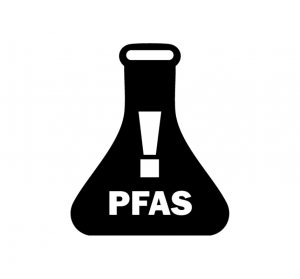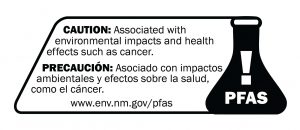
New Mexico Pushes Forward on PFAS Rules
New Mexico is moving closer to enforcing its PFAS Protection Act.
The New Mexico Environment Department (NMED) has asked the Environmental Improvement Board to approve new rules that will start in July 2026.
These rules carry out House Bill 212, which bans or labels consumer products containing toxic PFAS chemicals.
If approved, the new regulations will apply to manufacturers, not consumers.
State officials say the move is critical to stop “forever chemicals” from entering homes, schools, and workplaces.
Lawmakers and Officials Applaud the Move
“These rules will keep PFAS out of the places where we live, work, and play,” said NMED Secretary James Kenney.
He added that PFAS are found in cookware, cleaning products, furniture, and even baby clothes.
Majority Whip Dayan Hochman-Vigil said the new filing “brings us one step closer to peace of mind for families.”
Sen. Jeff Steinborn added that PFAS stay in the human body and the environment for years, making regulation “absolutely necessary.”
Together, they agree this action protects both public health and long-term environmental safety.
How the PFAS Rules Work
The act bans or phases out products with intentionally added PFAS over several years.
Starting in 2027, cookware, food packaging, and children’s items will be prohibited.
In 2028, cosmetics, furniture, and carpets will join the list.
By 2032, all non-exempt PFAS products will be banned statewide.
Manufacturers must label products containing PFAS so consumers can make informed choices.
Health experts link PFAS exposure to thyroid disease, cancer, liver damage, and low birth weight.
Because of these risks, supporters say the act represents a major win for public safety.

What Happens Next
The Environmental Improvement Board, which operates separately from NMED, will now review the proposed rules.
This seven-member board, appointed by the governor, will lead a full public review process before making its decision.
Residents can submit comments through the online public portal.
If approved, the new rules will officially take effect in July 2026.
For details and public comment links, visit the NMED website.

